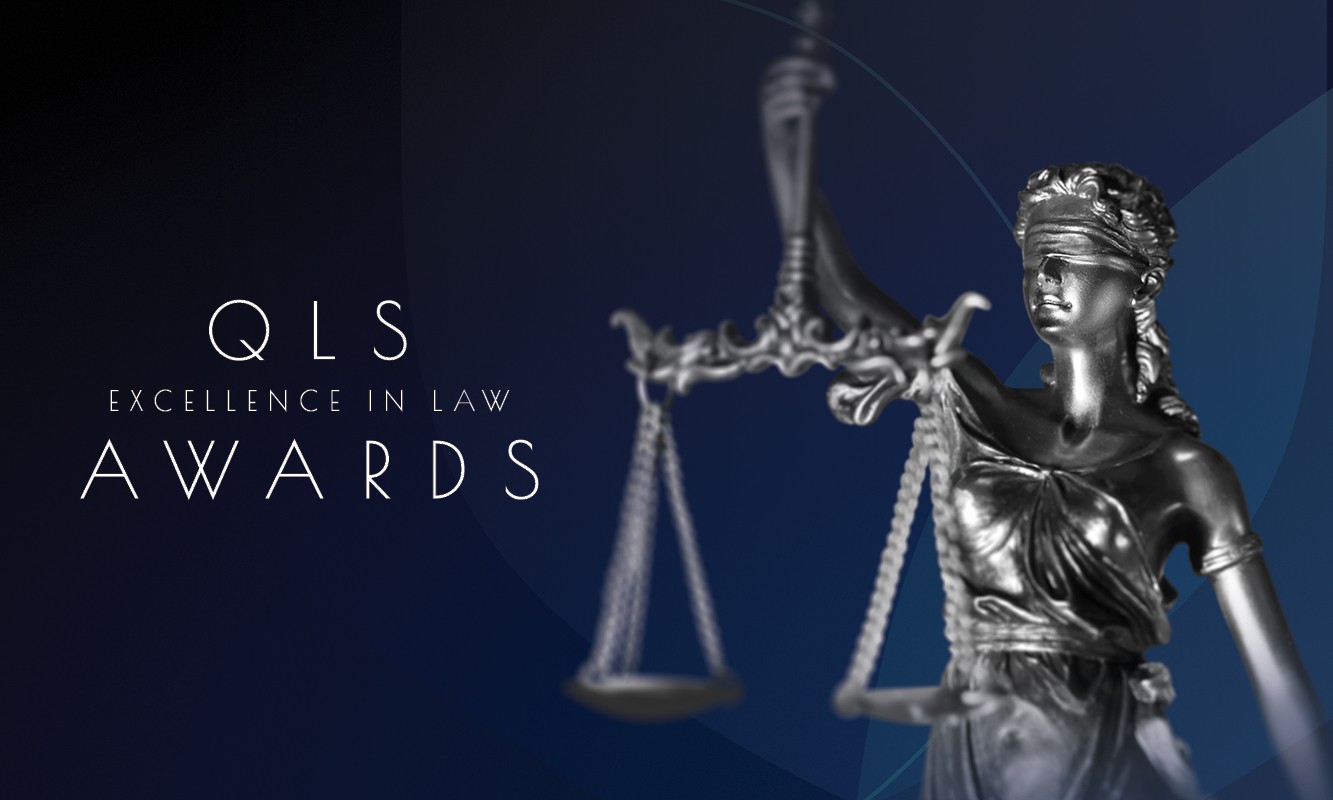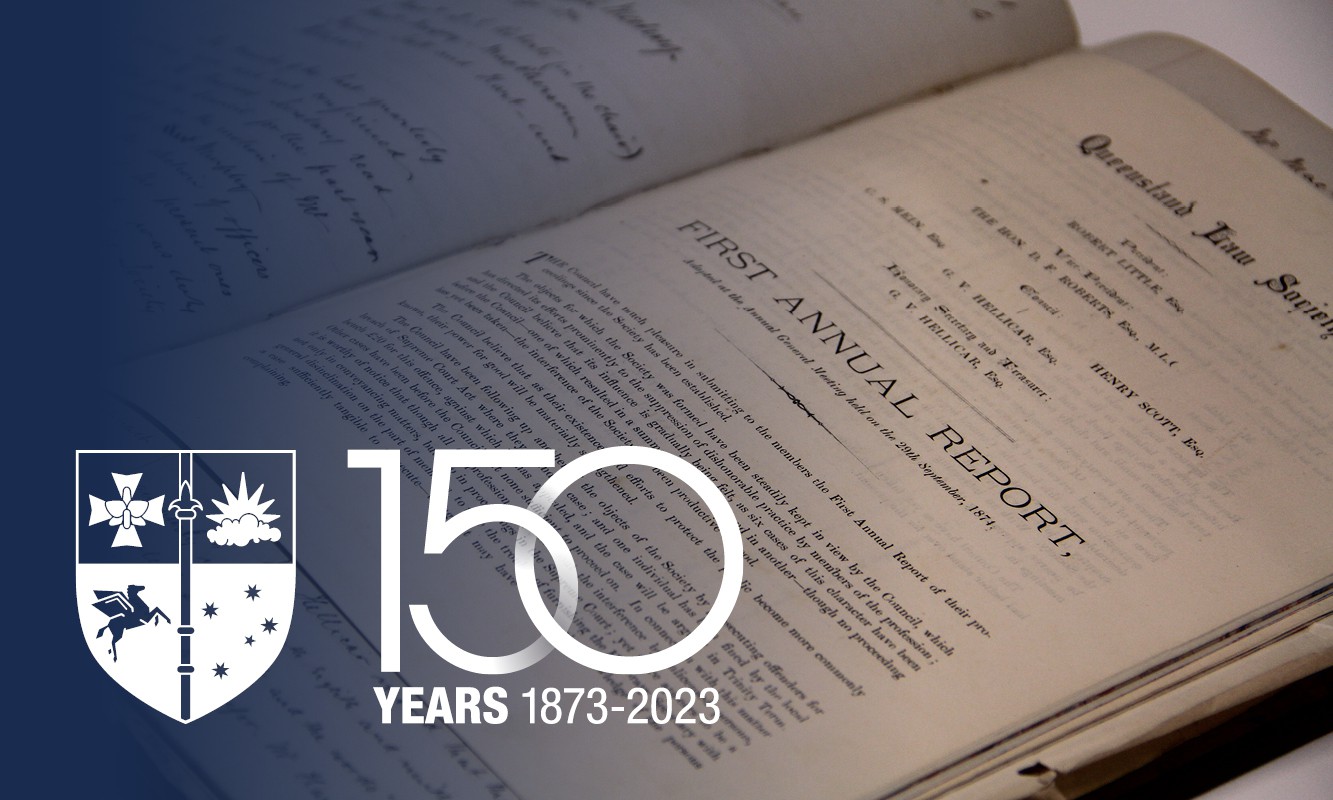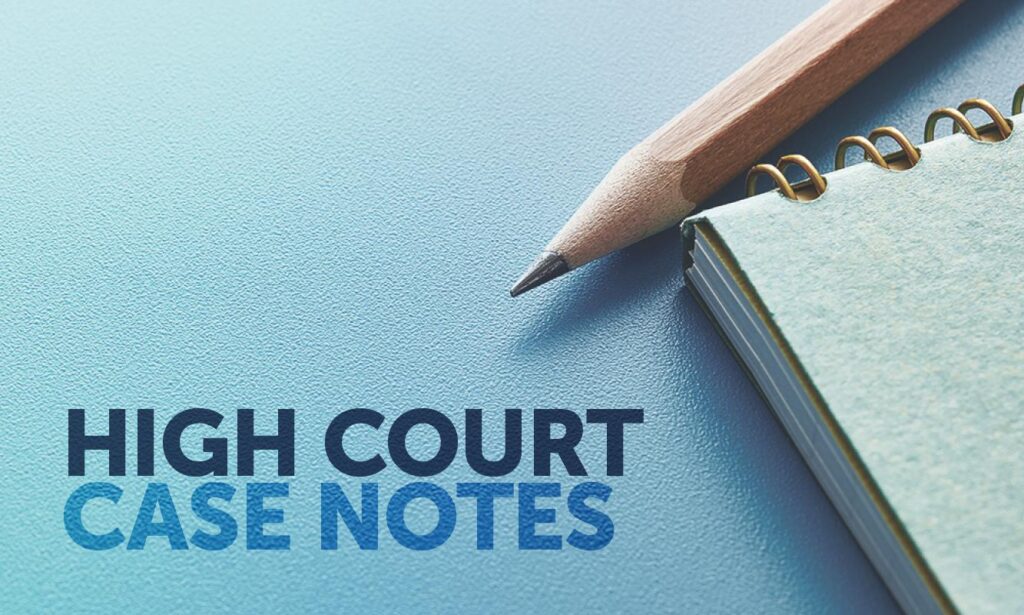News
Representatives from the profession spoke in glowing terms about the FCFCOA judge's long service to the law.
The NDIS client suffered burns to 35-40 per cent of her body and died five days later in hospital.
Profession updates
PD about QCase implementation
26 April 2024
PD regarding application for admission
26 April 2024
Family law forms updated
24 April 2024
Housing availability bill passed
23 April 2024
Latest
- Case notes
- Careers
- In practice
- Suburban cowboy
- Perspectives
- Case notes
- Family law
Features

Celebrating our members
QLS celebrates our loyal members who have contributed a remarkable 25 and 50 years to the Society and the profession.

Excellence in Law Awards
Meet this year’s QLS Excellence in Law Award winners. Read about their achievements and we showcase photos from the 2023 event.

150 years: Special series
This year, QLS is celebrating the 150-year anniversary since the first law society in Queensland with a series of feature articles.
Perspectives
- Perspectives
Caxton Community Legal Centre's Cybele Koning and Kristin Ramsay talk about the service's move into the CBD and the need for volunteers.
Kristin Ramsey, Cybele Koning
- First nations
The UQ/Prisoners' Legal Service Deaths in Custody Project was established in 2016. It is led by law students and supervised by Professor Tamara Walsh.
- Perspectives
Mediate early and more than once if you’re not successful the first time.
Toby Boys
Careers
In practice
- Case notes
Council of the New South Wales Bar Association v Waterstreet (No 2) [2024] NSWCATOD 51
Sarah Millar
- In practice
When it comes to independence though, the obligations can be trickier to manage for in-house counsel.
Debbie Gregory
- Case notes
Harvey v Minister for Primary Industry and Resources [2024] HCA 1
Dr Michelle Sharpe
People
- Suburban cowboy
The thing is, it is CPD season so I am doing a lot of presentations, all around the place. These travels are good though – I get to meet the profession and indeed have new experiences and learn new things.
Shane Budden
- Early career lawyers, News
The Kuskie and Gill families were celebrating after Monday's Admission Sitting at Banco Court, Brisbane.
Natalie Gauld
- Early career lawyers, News
Newly admitted lawyer Jennifer Millers was always interested in a community-oriented career but wasn't sure which path to take when finishing high school.
Natalie Gauld




















